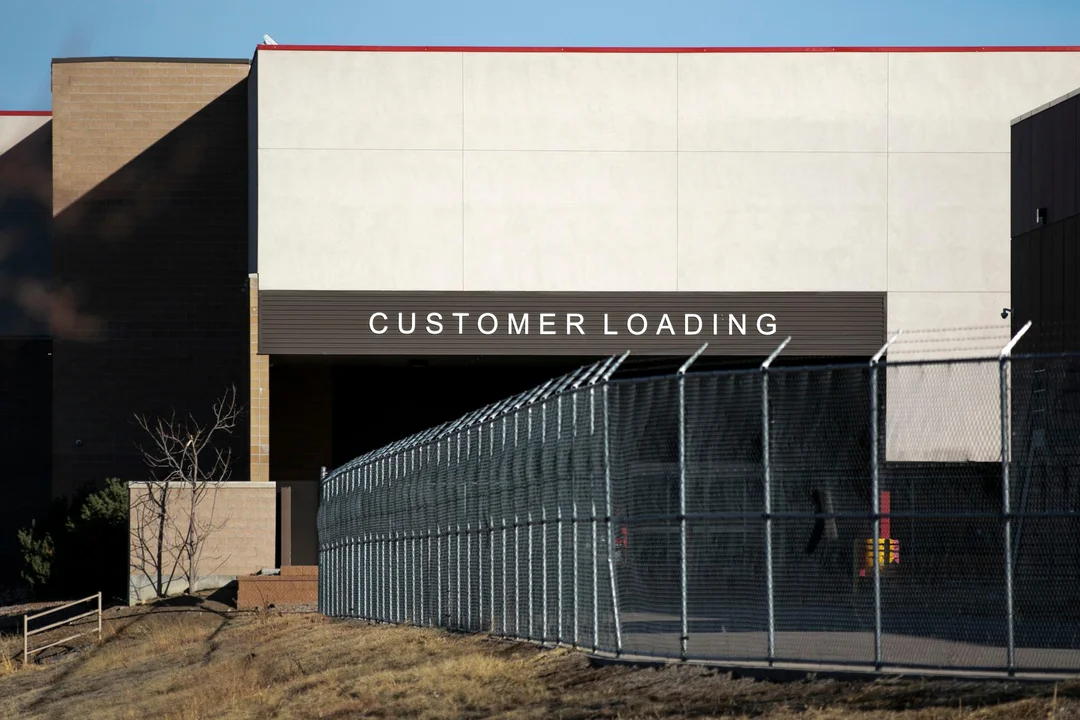
Are We Witnessing the Supreme Court’s Reawakening?
In an unprecedented move, the Supreme Court sent shockwaves through the political landscape by ruling against President Trump's attempted mass deportations of Venezuelan immigrants. With a ruling delivered at the ungodly hour of 1 a.m. on April 19, the Supreme Court's order marked a rare moment where it refused to cower behind procedural delays in the face of administration actions that many consider to be lawless.
The court's ruling in A.A.R.P. v. Trump demanded that Trump halt planned deportations to El Salvador, thus signaling a wake-up call regarding the administration's aggressive immigration tactics. With a presumable 7-2 vote, this order shows a court increasingly frustrated with Trump's maneuvers, particularly regarding the use of the Alien Enemies Act of 1798 to deport individuals without due process.
On April 7, a prior ruling had already instructed the administration to provide potential deportees with timely notice and information on how to contest their deportation—a fixture of basic legal rights that Trump’s administration has seemingly overlooked. Following these legal developments, the American Civil Liberties Union (ACLU) successfully sought restraining orders against the administration in multiple states, particularly in Colorado and Texas.

However, the judge's decision to grant a 21-day notice requirement for deportees in Colorado reflects a shift towards upholding legal standards. U.S. District Judge Charlotte Sweeney noted that the previous 24-hour notice was woefully inadequate. “Due process is fundamental to the rule of law in this country,” Sweeney stated. “The government's desire to evade due process is a threat to all of us.”
In a flurry of remarks, Trump attempted to downplay the need for such measures, claiming, “We would need hundreds of thousands of trials for the hundreds of thousands of illegals we are sending out of the Country.” Yet the reality remains stark: countless individuals marked for deportation assert their innocence and argue that they were never given the chance to defend themselves.
This clash of ideologies raises essential questions about the role of the judiciary in the face of executive overreach. Typically, late-night orders like those seen in this case are reserved for the most serious matters, often involving life and death scenarios. The justices' proactive response appears to signal not only a deep concern for individual rights but also a recognition of their duty as the final arbiter of justice.
While some may view the court's recent actions as a turning point, it is essential to remember that this is just the beginning. The broader issue of whether Trump can legally utilize the Alien Enemies Act remains unresolved, and skepticism surrounds his willingness to comply with subsequent rulings.
In the wake of this developing legal drama, it poses a larger question: will the new resolve of the Supreme Court become a standard, or will it revert to its cautious approach in future cases? As this saga unfolds, the eyes of the nation remain on the court.
As we ponder the implications of these rulings, what are your thoughts? Do you believe the Supreme Court has genuinely shifted its position, or is this merely a temporary response to mounting pressure? Share your views in the comments below.